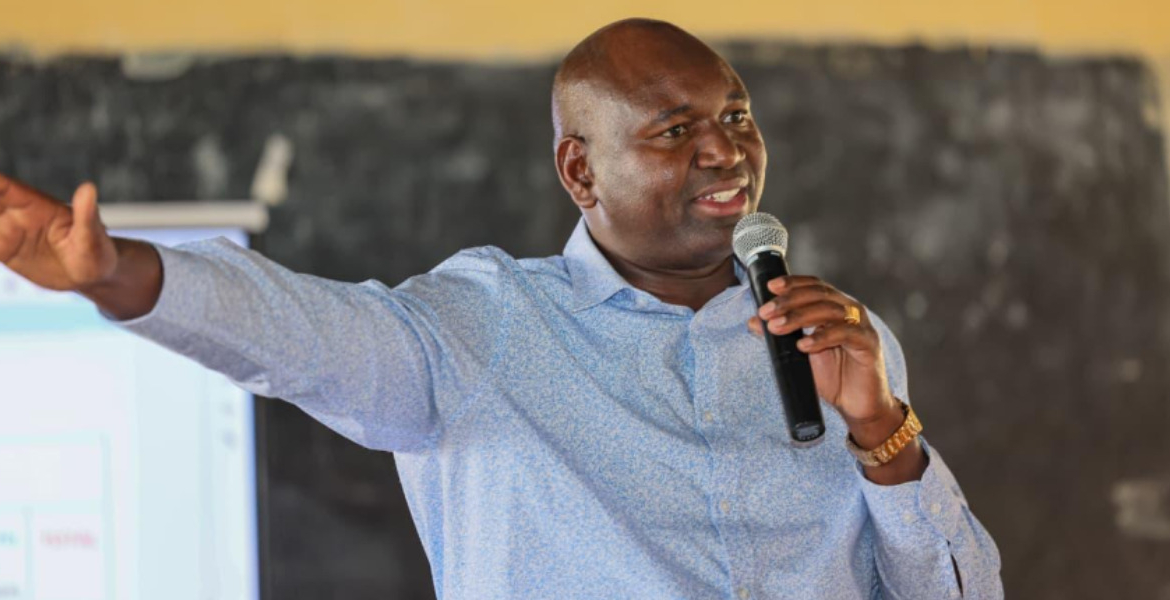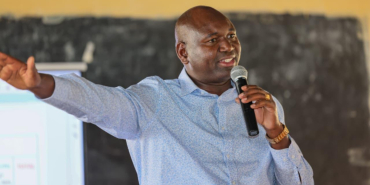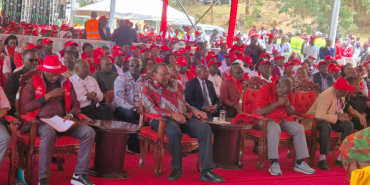Funding Delays Threaten KCSE Readiness as Schools Struggle with Shortages and Debt

Thousands of public schools across Kenya are facing severe disruptions to their national examination preparations due to delayed government funding, rising debts, and growing student unrest.
With the Kenya Certificate of Secondary Education (KCSE) set to begin on 21 October and rehearsals scheduled for 17 October, school principals report significant challenges in completing syllabuses, securing materials, and maintaining daily operations. Many institutions have yet to receive third-term capitation funds, as the Ministry of Education continues to audit school enrolment data.
According to Education Principal Secretary Julius Bitok, over 25,800 of the country’s 32,000 schools have been cleared, but more than 6,200 remain pending, delaying crucial disbursements. The funding delay has left schools struggling to procure essential items, particularly science equipment and materials needed for practical examinations.
Current allocations stand at Sh3,044 per secondary school student, of which only Sh828.80 is allocated to teaching and learning materials. Just Sh300 is earmarked for examination-related items, which many school heads say is inadequate. Some principals warn that students may have to share lab equipment during practical exams, potentially compromising exam integrity.
In addition to shortages of materials, schools are facing increasing financial pressure from unpaid fees and staff salaries. Some institutions report salary arrears dating back to June, and debts running into tens of millions. A principal in Bomet County disclosed a Sh32 million deficit, noting that recent government disbursements have been insufficient to cover basic expenses.
Many schools are operating on credit from suppliers and loans from banks as they attempt to complete disrupted syllabuses before the exam period. Student unrest has also risen in recent weeks, with principals attributing the disturbances to deteriorating living conditions caused by budget cuts.
Some schools have reduced food portions and cut back on basic provisions due to a lack of funds. According to several administrators, such shortages have directly contributed to tensions within school communities. The government’s ongoing verification of enrolment data has revealed widespread inaccuracies.
Data from the Ministry of Education shows that 3,485 primary and 1,949 secondary schools submitted incorrect figures, affecting their eligibility for capitation funding. Although the Treasury has released Sh23 billion for education, only Sh16 billion has so far reached schools, leaving many institutions without the resources needed during this critical academic period.
Adding further pressure is the rollout of new assessments under the Competency-Based Curriculum (CBC). The first-ever Kenya Junior Secondary Education Assessment (KJSEA) for Grade 9 is set to begin on 27 October, alongside the Kenya Primary School Education Assessment (KPSEA) and the Kenya Primary Learning Evaluation Assessment (KPLEA) for Grade 6 learners.








Add new comment